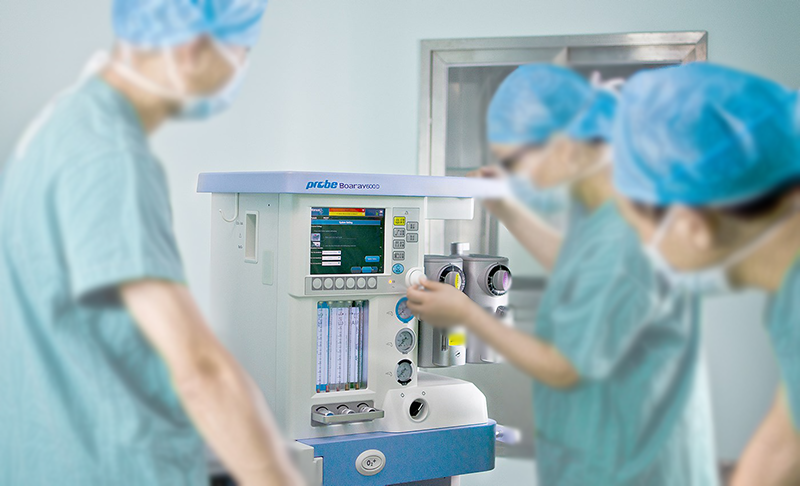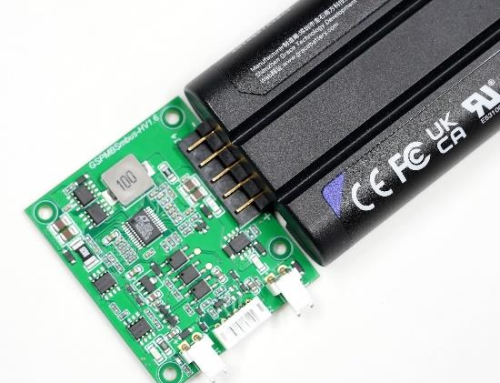The Importance Of Reliable Battery Solutions For Medical Devices
The impact of batteries on medical devices
The impact of batteries on medical devices is mainly reflected in the following aspects:
1. Design requirements: Under the new EU battery regulation, medical device designs must consider battery removability and replaceability to ensure that the product does not automatically end its useful life when the batteries are depleted. Manufacturers may need to make design changes to meet these requirements.
2. Supply chain management: The new regulation introduces due diligence requirements for economic operators, including medical device manufacturers, who place batteries on the market or into service. This means manufacturers must implement battery owing diligence policies, including contractual terms with suppliers, control and transparency systems for the supply chain, and policies to address environmental and social risks.
3. environmental and social governance (ESG): introducing due diligence obligations focuses on ESG legislation. It may require medical device manufacturers to improve their corporate governance practices and better integrate risk management and mitigation processes.
4. Waste Battery Management: The new legislation introduces new requirements for the management of waste batteries, expanding the obligations related to waste management and requiring producers to be responsible for battery waste management and to provide information on battery waste management.
5. Battery technology advantages: Lithium-ion battery technology has apparent advantages in portable medical devices due to its high energy density, lightweight, long cycle life, good battery capacity retention characteristics, and a wide range of applicable temperatures.
6. Safety and reliability: Medical devices have more stringent battery safety and reliability requirements, as they are directly related to the safety of patients’ lives. Battery technology must be selected and designed to ensure medical devices can operate reliably at critical times.
7. Regulatory compliance: Medical device manufacturers must pay close attention to and comply with relevant regulations, such as the new EU battery law, to ensure their products meet all applicable legal and standard requirements.
These implications show that batteries are not only a component of medical devices but also involve many aspects of product design, supply chain management, environmental responsibility, and regulatory compliance. Manufacturers need to consider these factors together to ensure the quality and compliance of their products.
What are the requirements of medical batteries for a company’s manufacturing and operational capabilities?
For medical battery manufacturers, the following requirements need to be met for manufacturing and operational capabilities and company strengths:
1. R&D capability: Companies need a strong R&D team that can continuously research and develop new battery materials, designs, and manufacturing processes to improve battery performance and life.
2. Quality control: A strict quality control system must be in place to ensure that battery products meet medical device requirements regarding safety, reliability, and performance.
3. Compliance: Companies need to comply with relevant medical device and battery manufacturing standards, such as ISO 13485, and be able to respond to regulatory requirements in different markets.
4. Supply chain management: Companies should have efficient supply chain management capabilities to ensure the quality and stability of raw materials and components.
5. Production technology: Advanced production equipment and technology are necessary to realize high-efficiency and high-quality battery production.
6. Environmental and Social Responsibility: Companies should demonstrate a commitment to environmental protection and social responsibility and enhance their corporate image through green production and sustainable development practices.
7. Customer Service: Provide excellent customer service, including technical support, customized solutions, and quick response to customer needs.
8. Innovation Capability: Continuous innovation is the key to maintaining the company’s competitiveness, which requires continuous exploration of new battery technologies, such as solid-state batteries and new electrode materials.
9. Market Insight: In-depth knowledge and insight of the medical battery market, able to predict market trends and quickly adapt to market changes.
10. Cost Control: To ensure product quality, effectively control production costs to provide competitive prices.
11. Risk management: with risk assessment and management capabilities, able to cope with the risks of raw material price fluctuations, technological changes, and changes in market demand.
12. Intellectual Property Protection: We must protect our technology patents and intellectual property rights to avoid the risk of infringement.
13. International Cooperation: In a globalized market, enterprises need an international perspective and the ability to establish cooperative relationships with global partners.
14. Continuous Improvement: Improve the corporate culture, encourage employees to propose improvements, and optimize the production process and product quality.
15. Data Management: Strong data collection and analysis capabilities are required to monitor battery performance, predict battery life, and provide data support for product improvement.
By meeting the above requirements, medical battery manufacturers can establish and maintain their market position while ensuring that their products meet the medical industry’s high standards and stringent requirements.




